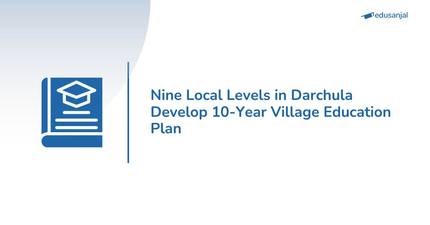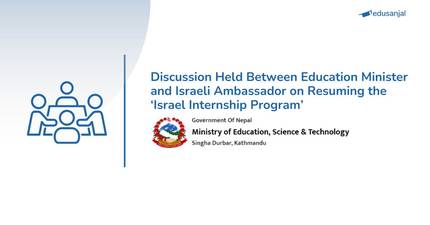In a bid to address Nepal’s worsening healthcare workforce crisis, the High-Level Economic Reforms Advisory Commission, led by former Finance Secretary Rameshwor Khanal, has recommended a major overhaul of the mandatory service policy for government-sponsored medical graduates. The commission proposes extending the compulsory service period for “scholarship doctors” from two to five years post-graduation, ensuring they contribute to Nepal’s healthcare system in return for state-funded education.
Context: Nepal’s Scholarship Framework
The Government of Nepal offers prestigious scholarships to aspiring medical students, covering MBBS studies domestically (in 452 annual seats, split between government and private colleges) or abroad through official partnerships (e.g., Bangladesh, Pakistan’s PTAP program, Egypt). In 2025, the allocation surged to 571 seats, divided into general (55%, 313 seats) and reservation (45%, 258 seats) categories, with selections based strictly on merit-based ranks within each cluster.
Find more about MBBS Scholarships in Nepal
Current Challenges and Proposed Reform
Despite this investment, Nepal faces a critical shortage of doctors as many scholarship recipients leave to developed countries like USA (via USMLE) or UK (via FLAP registration) after fulfilling the current two-year service obligation.
The commission’s report highlights this “brain drain” as a systemic failure, stressing that public funds for education must translate into sustained healthcare benefits. The proposed five-year mandate aims to legally bind graduates to serve in Nepali institutions, prioritizing rural and underserved areas to maximize impact.
Rationale and Expected Outcomes
The commission argues that extending service terms will not only retain skilled professionals but also build long-term capacity in Nepal’s healthcare infrastructure. “This policy ensures the state’s investment directly serves citizens,” the report states, emphasizing equity and accountability. Critics, however, raise concerns about enforcement and potential deterrence to scholarship applicants.
The recommendation now awaits government execution, marking a pivotal step in balancing educational opportunities with national healthcare needs.













